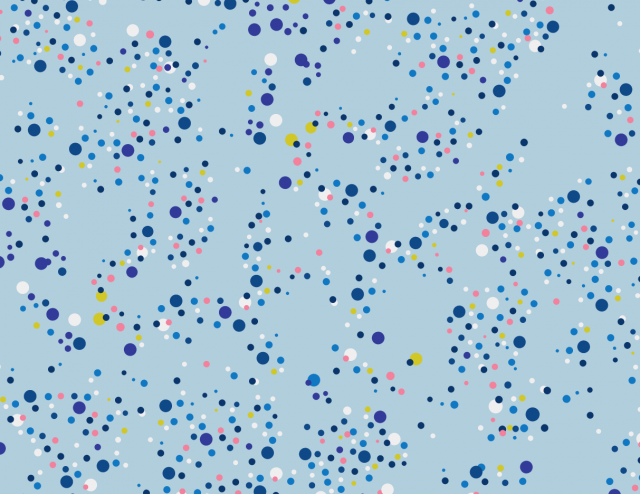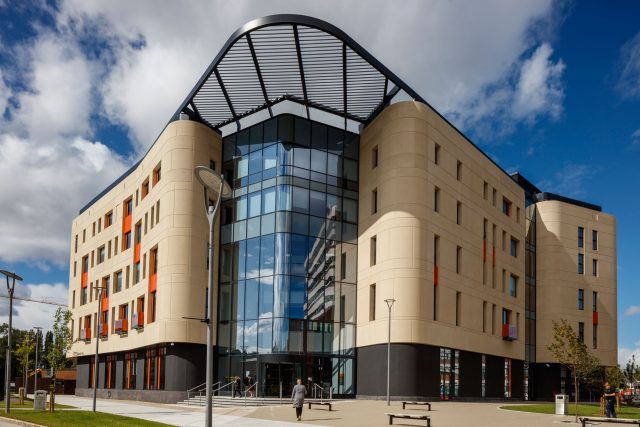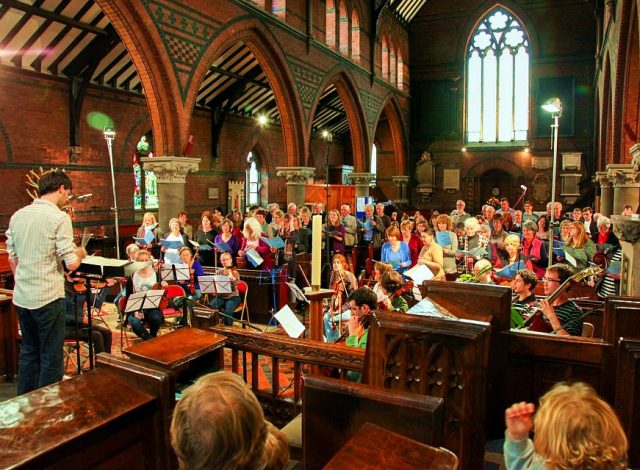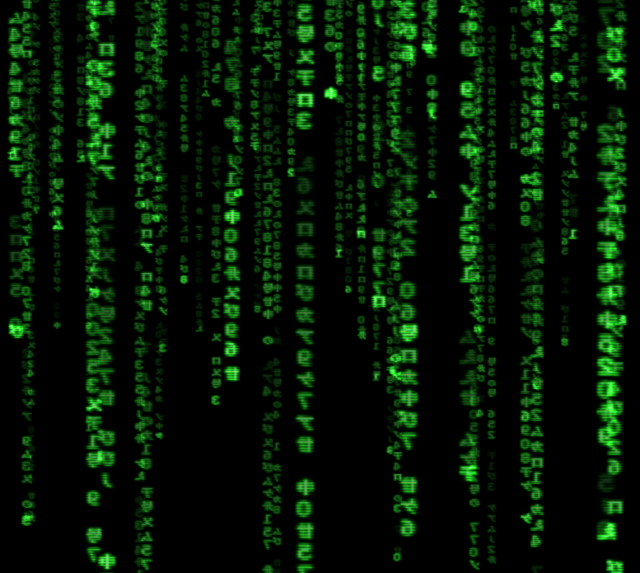Since 2018, I’ve led science communication for the European Commission’s Scientific Advice Mechanism as Head of Communications for SAPEA. It’s a very lively and challenging role which demands subject knowledge, creativity, hands-on communications skills, strategic thinking and (increasingly) team leadership. It’s not just about communicating the science behind our advice — it’s also about raising awareness of issues at the science-policy interface, and stimulating debate in society about the roles scientific evidence should play.
Category: Academia

Communicating uncertainty in science
In an extremely unlikely turn of events, I was the lead author for a paper about microplastics pollution published in the journal Environment International, and subsequently cited in Nature. I don’t think this is too bad an achievement, given that my highest science qualification is a school certificate from the age of 16.

Doctors’ moral beliefs and public policy
This is my PhD thesis, if for some reason you really want to read it.
Philosophy
My PhD examines conscientious objection by doctors, a topic at the intersection between public policy, religious belief and medical ethics.
I have a professional interest in the philosophy of science and an ongoing amateur fascination with the philosophies of religion, language, cognition and games.

Training for early-career researchers
When working for a collaborative research project in the UK, one of my responsibilities was to train early-stage social science researchers in communications activities, both traditional and new media. As well as providing written training materials, I also put on a series of seminars, plenary lectures and workshops at the Universities of Cambridge, Reading, Sheffield and Loughborough.

Lecturing
For five years, I taught an elective module in media ethics for medical students at the University of York. The course ran every term and was frequently over-subscribed. It was one of the most fun jobs I’ve ever done.

Conducting diploma
I have a diploma in choral conducting from the Association of British Choral Directors, accredited by the ABRSM.

Living in the Matrix?
My MA dissertation looked at Nick Bostrom’s intriguing simulation argument and the theory that we might all be living in a version of the Matrix.
I think there’s more to be said about this argument which hasn’t yet made it into the literature (as far as I know), but I can see why it may not be a top priority!

An atheist defends the design argument
Way back as an undergraduate, I wrote a short essay about why the design argument wasn’t as shaky as some people seem to think. It was published in 2003 on The Secular Web. People still find it occasionally, and it comes around to haunt me again every few years.
